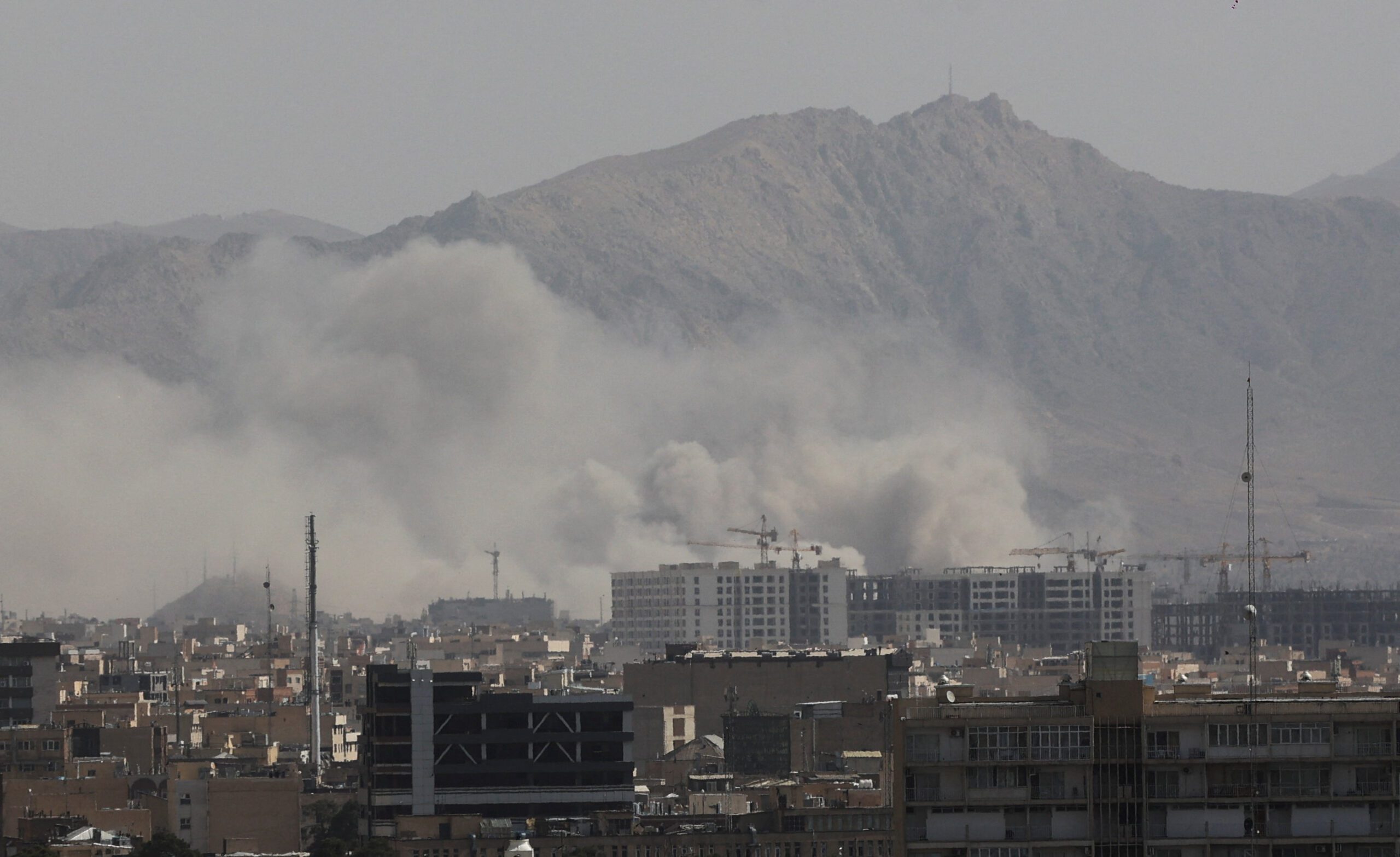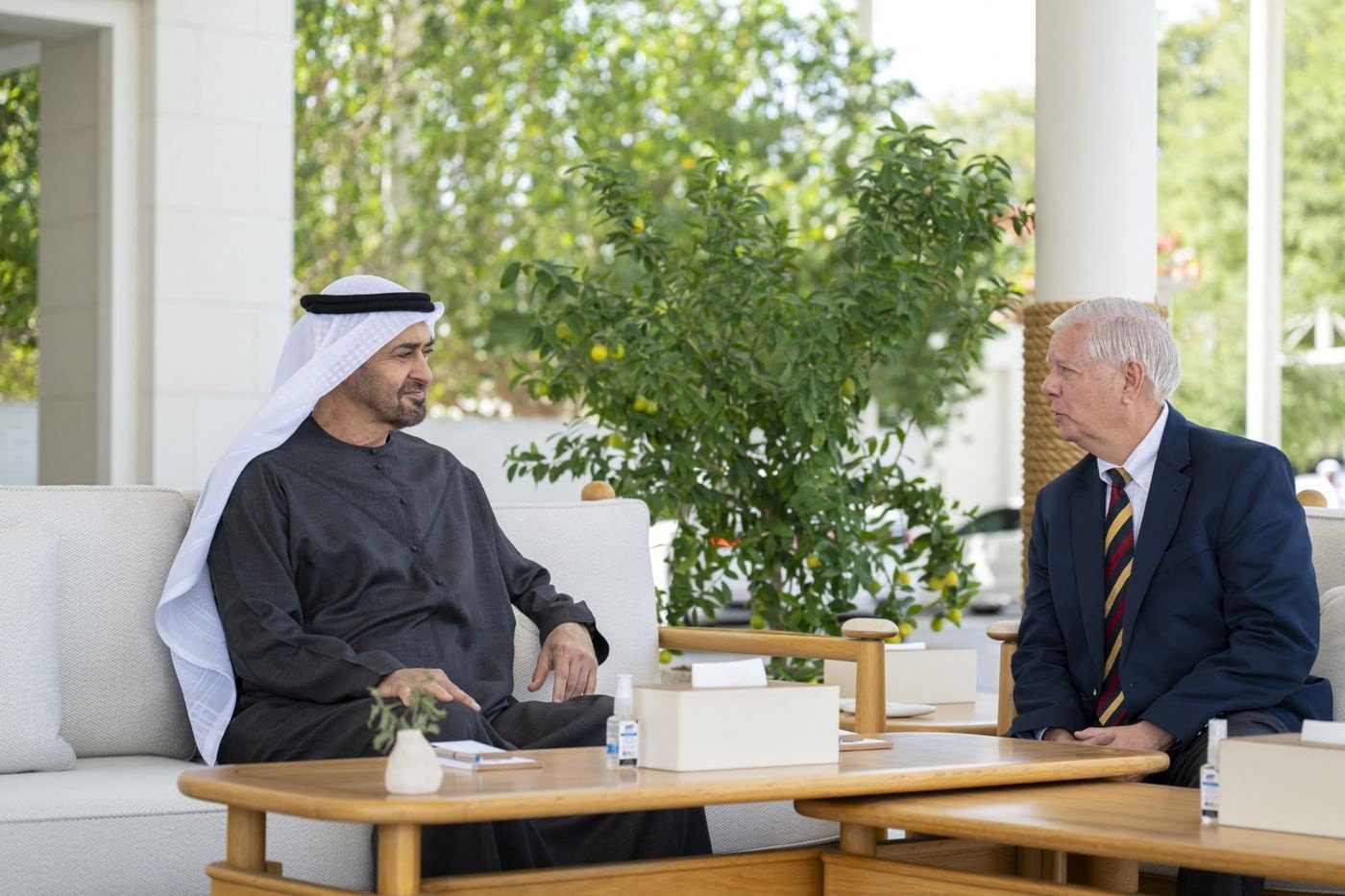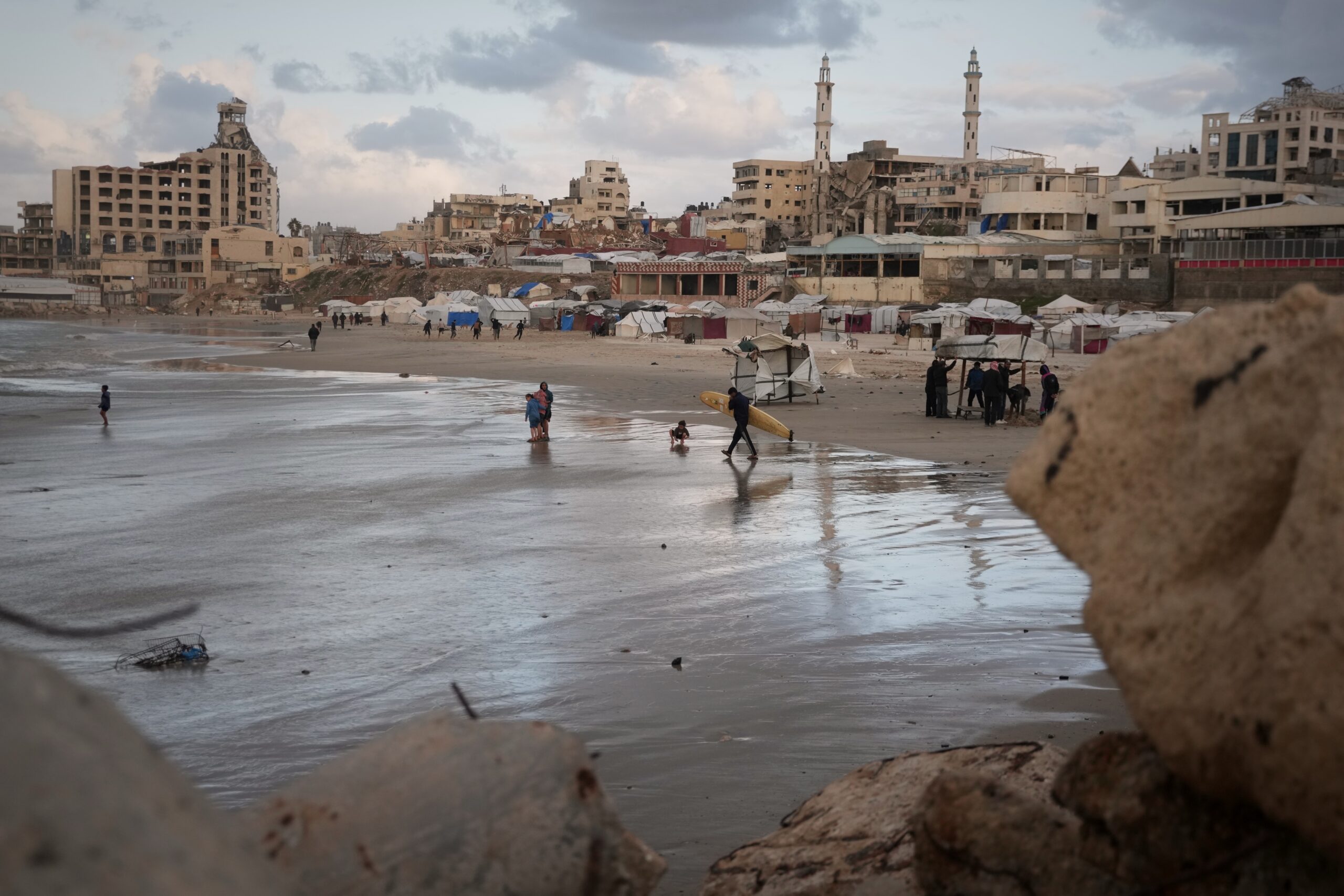As expected, the Iran nuclear deal is reshaping the strategic landscape of the Middle East. Some of these new developments – such as Saudi Arabia’s reported outreach to Hamas and other Muslim Brotherhood organisations – are innovative but hardly unthinkable. But when it comes to Israel’s relationship with Gulf Arab states, shared concerns can only go so far.
Last week, Dore Gold, the director general of Israel’s foreign ministry, raised eyebrows across the political world when he remarked of Iran: “What we have is a regime on a roll that is trying to conquer the Middle East, and it’s not Israel talking, that is our Sunni Arab neighbours – and you know what? I’ll use another expression – that is our Sunni Arab allies talking.”
Mr Gold is hardly the exemplar of Israeli enthusiasm for the Arab world. Indeed, the author of the 2003 book Hatred’s Kingdom: How Saudi Arabia Supports the New Global Terrorism would have to be listed among those Israeli right-wing hardliners whose rhetoric can border on Islamophobic.
Mr Gold is not alone in thinking along these lines. Hizbollah leader Hassan Nasrallah warned Arab states against “talking with Israel and even negotiating with it”. This may have “disastrous results”, he blustered.
Some might note that Mr Nasrallah – whose militia is squandering the better part of its manpower, treasury and Lebanese political capital in an all-out intervention designed to shore up the brutal regime of Bashar Al Assad in Syria – is in no position to lecture anyone about disastrous results or dire consequences. Or that his reckless adventure serves the interests of Iran, not Lebanon or any other part of the Arab world. But Mr Nasrallah’s outburst demonstrates how concerned Iran and its proxies have become about the potential for Israel and the Arab states to unite to thwart the rise of an Iranian-led axis.
They needn’t fret so much. Mr Gold’s comments may be based on a shared opinion about the rise of Iran between Israel and some Arab states. But, in fact, this is an instance of wishful thinking.
Israel is misreading the Arab world in several unfortunate respects. It does not recognise the diversity of strategic thinking and policies among the Gulf states, and treats them as if they had a single, homogeneous perspective and set of interests. And, even more importantly, it does not seem to understand that its conduct in the occupied Palestinian territories remains an insurmountable obstacle to close or open cooperation, even though that might otherwise make some strategic sense.
Since the overthrow of former Egyptian president Hosni Mubarak, Israelis have been deluding themselves that, because Arab societies face a series of profound immediate challenges, somehow the issue of Palestine has been forgotten or permanently relegated to the back burner. But the occupation remains absolutely unacceptable to the Arab world, and, while the Arab Peace Initiative commits the entire Arab League to a two-state solution involving the recognition and normalisation of relations with Israel, this depends on ending the occupation and allowing the creation of a state of Palestine.
Mr Gold’s comments amply illustrate the extraordinary opportunity Israel has for creating a completely new relationship with much of the Arab world based on shared interests. Unfortunately, it is precisely the occupation and settlement policies that Mr Gold and his allies strongly support that will preclude Israel from taking advantage of this unprecedented strategic opening.
Israel cannot have diplomatic progress, let alone anything approaching an alliance, with the Arab world as long as millions of Palestinians remain non-citizens in their own land, with no realistic prospect for freedom. In particular, Israel cannot successfully engage with the Arab states while it is conducting an aggressive settlement project, gobbling up Palestinian land in violation of black-letter international law.
Jordan and Egypt made peace with Israel in their own interests, and those agreements are rock-solid. But Arab states in the Gulf region don’t share the same imperatives. Limited progress might be possible in specific areas. Israel might be able to cooperate with Qatar on reconstruction in Gaza, or with Saudi Arabia on Palestinian national reconciliation and relations between Hamas and Fatah. But despite the diversity in their policies none of the Gulf states will be prepared to enter into anything remotely resembling an alliance with Israel, despite the threat of Iranian hegemony, as long as the occupation continues with no end in sight.
Israelis often debate the cost of the occupation. The fact that it precludes them from building strong working relationships with Arab states with whom they share powerful strategic concerns needs to be factored in as a very high cost indeed.
Imagine a reality in which Mr Gold was completely accurate in referring to Israel’s “Sunni Arab allies”, and what that would mean for Israel’s regional interests and long-term security. And now return to today’s diplomatic reality, in which no matter how much Israel and many of the Arab states agree on the threat posed by Iran’s and the urgent need to counter it, there is a strict limit to how far they can coordinate, largely because of Israel’s own indefensible policies towards the Palestinians. The cost is clear, and prohibitive.
This article originally appeared in The National.
The views represented herein are the author's or speaker's own and do not necessarily reflect the views of AGSI, its staff, or its board of directors.


























Aug 3, 2015
Israel must figure out the true cost of occupation
As expected, the Iran nuclear deal is reshaping the strategic landscape of the Middle East. This article originally appeared in The National.
5 min read